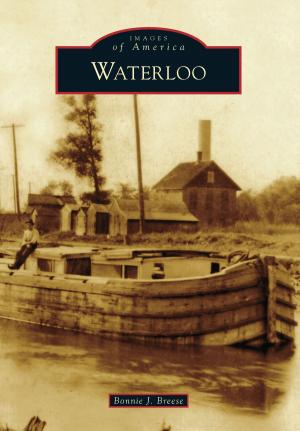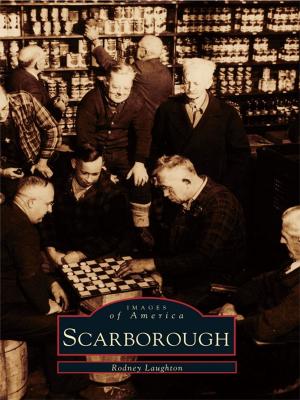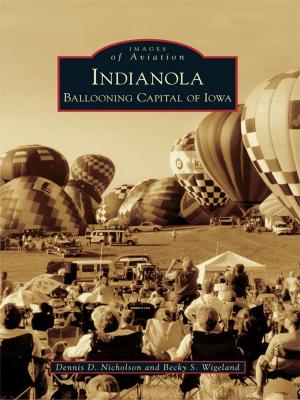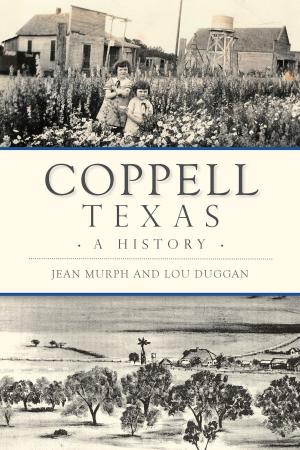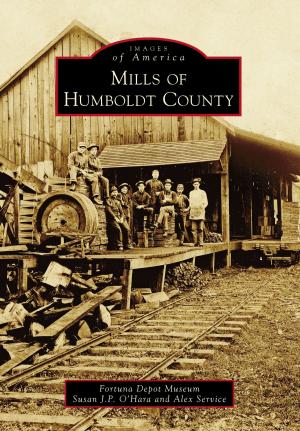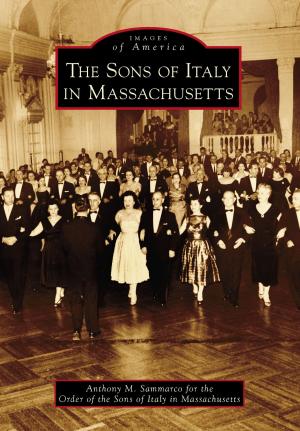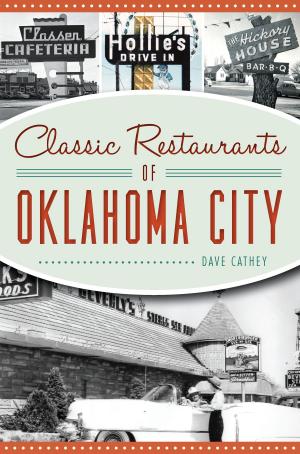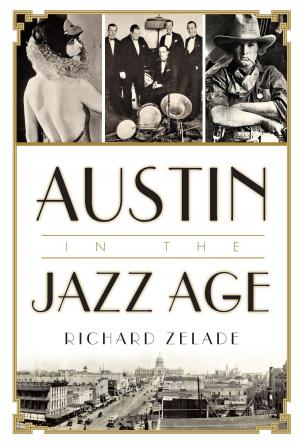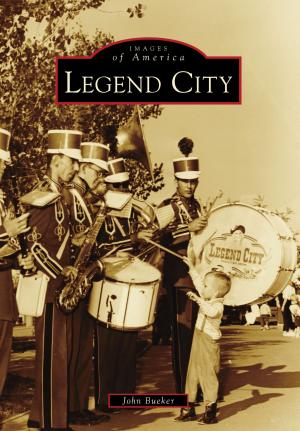Cruisin' the Original Woodward Avenue
Nonfiction, Reference & Language, Transportation, Automotive, Domestic, Sports, Motor Sports, Art & Architecture, Photography, Pictorials, History| Author: | Anthony Ambrogio, Sharon Luckerman, Woodward Heritage Team | ISBN: | 9781439616826 |
| Publisher: | Arcadia Publishing Inc. | Publication: | July 12, 2006 |
| Imprint: | Arcadia Publishing | Language: | English |
| Author: | Anthony Ambrogio, Sharon Luckerman, Woodward Heritage Team |
| ISBN: | 9781439616826 |
| Publisher: | Arcadia Publishing Inc. |
| Publication: | July 12, 2006 |
| Imprint: | Arcadia Publishing |
| Language: | English |
In the 1950s, cruising swept the nation. American street became impromptu racetracks as soon as the police turned their backs. Young people piled into friends� cars and cruised their main streets with a new sense of freedom. Pent-up desires after the hardships of World War II plus a booming economy fueled a car-buying frenzy. To lure buyers to their particular makes and models, automobile companies targeted the youth market by focusing on design and performance. No place was that more relevant than on metro Detroit�s Woodward Avenue, the city�s number-one cruising destination and home of the world�s automobile industry. Barely 50 years earlier, Henry Ford rolled his first Model T off the assembly line at Piquette and Woodward, just south of where cruisers, dragsters, and automobile engineers ignited each other�s excitement over cars. This unique relationship extended into the muscle car era of the 1960s, as Woodward Avenue continued to reflect the triumphs and downturns of the industry that made Detroit known throughout the world.
In the 1950s, cruising swept the nation. American street became impromptu racetracks as soon as the police turned their backs. Young people piled into friends� cars and cruised their main streets with a new sense of freedom. Pent-up desires after the hardships of World War II plus a booming economy fueled a car-buying frenzy. To lure buyers to their particular makes and models, automobile companies targeted the youth market by focusing on design and performance. No place was that more relevant than on metro Detroit�s Woodward Avenue, the city�s number-one cruising destination and home of the world�s automobile industry. Barely 50 years earlier, Henry Ford rolled his first Model T off the assembly line at Piquette and Woodward, just south of where cruisers, dragsters, and automobile engineers ignited each other�s excitement over cars. This unique relationship extended into the muscle car era of the 1960s, as Woodward Avenue continued to reflect the triumphs and downturns of the industry that made Detroit known throughout the world.

